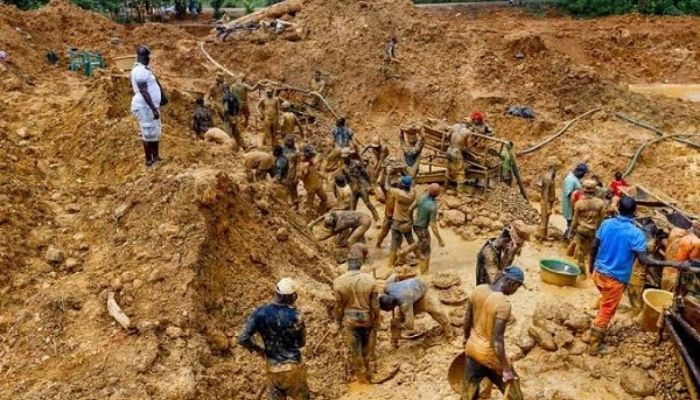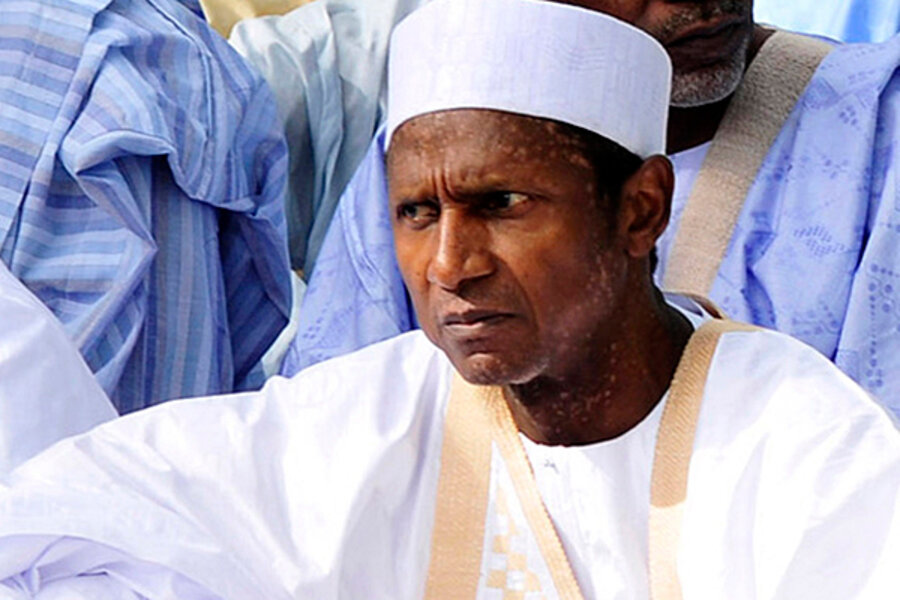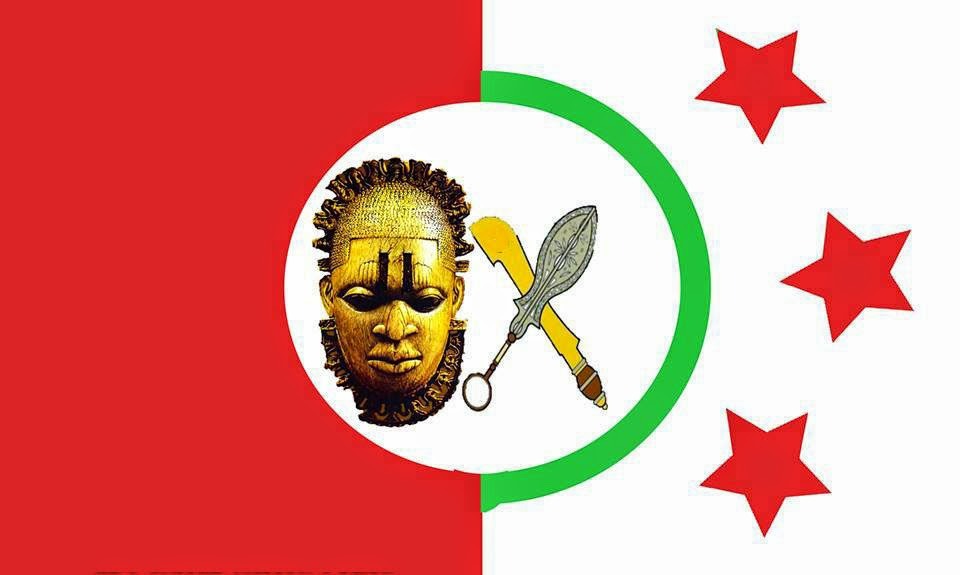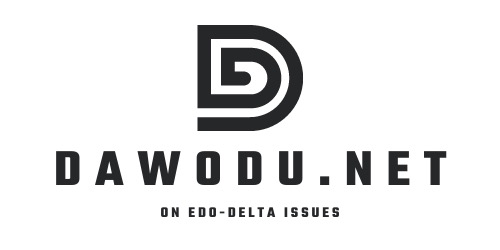On his inaugural Lecture on appointment as Adjunct Professor of Political Science, Babcock University, Ilishan-Remo, Ogun State
Today, again on the soils of Ilishan-Remo, the very bowels of the Babcock
University, I feel highly encouraged by this singular and indeed another
unique opportunity at thinking aloud on the Nigeria situation and project.
It is a pleasant surprise that I am being taken in as a constituent element of
your faculty in this unique university, an opportunity so elevating and
encouraging for one who has attempted to explore this nagging interest in
critical consciousness.
If indeed this cherished gesture of the Babcock University is indicative of a
confirmation of the efforts so far, then I will go home to work the road to
carrying the burden of another member of a challenged faculty in a modem
university.
However, prior to this gesture, at the lecture I had on this same podium,
March 18, 2002, I boldly declared as I strongly hold today, that I am a
Babcock. And ever since that lecture, I have lived with this more intensified
mind set that I am a Babcock.
What I may call today, my Adventist links, you know started long before I got
into the political process of Nigeria. I did relate elsewhere, my contact with
Professor Larry Longo, by whose gesture of supportive counseling I gained
admission to advance my interest in the branch of medical science, which
fascinated me.
Indeed, my sojourn in the Loma Linda University and the deep encouragement
offered by Larry Longo, perinatal biologist, in Loma Linda University, may
have gotten a confirmation unique in time and effect with your glorious offer
for me to join, even in an adjunct way, your strong-based faculty.
Today is not for long speeches. Indeed, it is no lecture. I guess that I may
be permitted a two-minute reflection, principally because, there is an
evolving political scenario, which if not properly handled and if the dread
being induced by the political elite is not checked, will cast a strong doubt
on the credibility of this nascent democracy.
Having run through a four-year democratic course, upon which we have built a
welter of experiences not known before, I thought that we would have been more
reflective and cautious in our interpretation of the tendencies emerging on
the wings of our individual and group participation.
To me, there was a definite feeling that somehow, we would be less eager to
drive at whimsical conclusion, if not entirely skeptical each time we take on
the issues, which we knew, vitiated the regenerative power of the various
segments of this nation. That we would seek to substantiate the claims for a
return of such organic values which, in time, gave vent and even prominence to
the native creative forces of our original environments.
In other words, I had wondered the gains we derive in the hasty prognosis, on
whose stead we built a regime of fright and insecurity of the mind as our
distinct ways of gaining prominence in the minds of our fellow citizens, Of
course, I am not unaware of the reality of our history from which we drew the
supposition that those who differed, even at a cost to the truth and reality
gained greater prominence. And that those who run on anti — government
sentiment, no matter how unreasonable, seemed to gain instant recognition.
I am also not unmindful of the past seasons of repressions, which gave vent to
this trend of "popularity" stemming from a "rejection" of the status quo, as a
way of showing nerves.
I am not really bothered by the marketplace-situation and the vast clan of
views, opinions and judgments signaling a political player's immediate
interest and trend of thought which can be as shifty as the quicksands of the
sea-side. I am not too scared of the implication of the vast mobilization;
particularly to rally the people to the views or interest or even rage of a
political player at odds with his colleagues. These had always been organized
to whittle down the effectiveness of social regeneration with a view to tying
the fortunes of a segment of the population to the political fortunes of a
particular political player.
In reality, I give kudos to the vibrancy of such political opposition based on
principle and driven by the need to get attention to anomalies rather than the
theatrics and comedy of desperados who would see nothing good in any other
system run independent of their scheme or fancies.
What has baffled me is the tendency to run on the steam of horrendous
imaginations and rumours of catastrophe if the projection and permutations
were not reduced to the whims and caprices of the assailant displaying his
dissatisfaction with persons and groups.
Elsewhere in Lagos, at The Post Express Lecture of July 2, 2001, I first
revealed my worries about the festering of "rumours, scares, falsehood" and
the watering of the garden of impatience among our common folks.
It is common knowledge today that many a citizen of Nigeria is worked up to
palpable dread of the scenario of elections. Of course, they did not just wake
up to be bothered and to get intensely scared. It came because there is an
elite conspiracy to use scare and threat of danger to turn off the reasoning
machine of our citizens. To that effect, there have arisen more of job-men who
ride the crest of "threat" and "scare" to gain the attention of others. These
run the rumour industry to induce submission and compliance among the common
folk because the citizenry may not have gained any foothold on the jigsaw
created by the political elite in matters of relation and resources.
Exactly May 15, 2001, in a lecture of the National
Association of Women Journalists (NAWOJ), I had pursued a strong argument
against the failure of the elite, particularly of the media establishment, to
shape the proper expectation framework for the benefit of the society in a
nascent democracy.
Initially, I had believed that I just sounded out a malaise against which we
could develop some antidotes. Much as I knew the magnitude of the damage such
negation of proper expectation framework could bring about, I never really
imagined the extent of the chicanery of the elite in obscuring the
multifaceted dimensions of disruptions of the national system which in turn
stand to be reconciled with the objective factors contingent upon the transfer
of power on May 29, 1999.
I must say that it is indeed a unique experience in national relations to
watch as the national elite, and in many cases, the media intelligentsia,
attempted to neglect the historical realities of their nation's political
evolution only to massage the ego of a section of the same elite if only to
bring to the foreground the claim that such section, soon after it quit the
corridors of power became the emergent liberation fighters and redeemers of
the citizenry.
Those who studied class struggles, particularly in Nigeria, actually strove to
locate the chicanery of the elite in the exploitation of the infirm foundation
of the mass media, which allowed the blossoming of the much-derided
dog-eat-dog scenario.
To the effect of that conclusion a defective political situation appeared to
have been established based on the structures of a society smarting from
severe infrastructure disruption but which is yet to find the statesmen who
would induce a moderation of expectations.
And of course, measured on the scale of what
Nnamdi Azikiwe described as "armed with the hurricane lamp in the deep night
search for the African who will remain African even as he acts the English in
leading us," you can say that there have hardly ever been a hint of the
personal or group traits suggesting the interest of the political elite in
that direction. The tragedy of this scenario is that the elite now divided
into two or three loose and squabbling classes engage in a cat and mouse game
on national leadership and resources. A section of this class is in today, the
other is out; and tomorrow, the situation is reversed with some elements of
the former jumping boat for the pecuniary interests. None has anything to do
with conviction or principles. Quite interesting, if not so curious, is the
dexterity of these factional elements of the national elite who manipulate the
national media in their running intermittently, the combined visage of
saviours and villains. Riding the sentiment of representing the oppressed and
speaking for the down trodden, the erstwhile cheats and exploiters of
yesterday are the liberation fighters of today.
Isnt it amusing that one single and express ticket to gaining prominence with
the media establishment is just being out of power and claiming a new mastery
of the values of liberation in favour of the down trodden. And wait a minute;
the liberation fighter of today was the oppressor of yesterday and has only
one passport to be acclaimed the liberator of today — speaking bombastically
and espousing the sentiment of the down town arena.
Indeed, it is only the unserious elite class, working the porous criteria of
the media establishment that so behaves like school children in the taunting
game. We are friends today because you let me eat your candy but tomorrow you
are a villain because I have no sit on the dinning table.
In this defective frame of a society, failing as it were to explain the hazy
and intricate system to the common folk, choosing rather to exploit the
ignorance of the citizenry, if only to portray the other as acting the demon,
the national political elite arrive the dock "guilty as charged", in the
paltry explanation of the social frame and shaping of the expectation
framework. But I was wrong. I soon realized that an industry was emerging
which drew its raw materials from the degree of tension and disquiet induced
through the projection of the wrong expectation framework.












